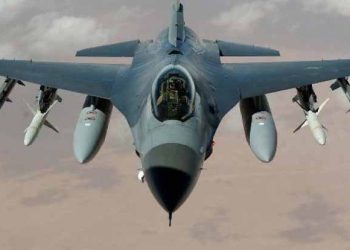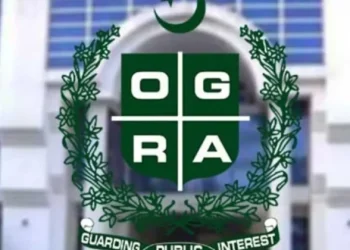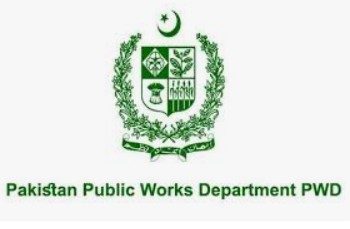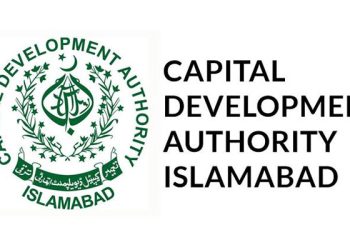Business desk
KARACHI: Overseas Investors Chamber of Commerce and Industry (OICCI), the collective body of over two hundred top foreign investors, has recommended substantial increase in penalties for IPR (Intellectual Property Rights) violations to attract FDI in high value research-based products and services in Pakistan.
Sharing the results of OICCI IPR Survey 2022, conducted annually, the chamber has expressed concern that IPR enforcement is lukewarm, and is not top of the agenda of key stakeholders including the government authorities.
The IPOP, (Intellectual Property Organisation of Pakistan) the regulatory body for IPR is without a Chairman since May 2021, and there has not been any significant action taken to strengthen the IPR Tribunals, especially in Karachi. IPR violations has caused the government significant revenue loss besides endangering the life and well being of public exposed to counterfeit products including medicine.
Commenting on the survey results, Ghias Khan, President OICCI emphasized that “timely registration of Copyrights, Trademarks and Patents supported by strict enforcement regime is critical for building confidence of the existing and potential foreign investors in Pakistan.
OICCI as before”, Ghias added, “will continue to support IPOP and share its international knowledge base on IPR towards ensuring a robust IPR regime in the country”.
The research based foreign pharmaceutical companies based in Pakistan are quite concerned that there is no linkage between Patent Law and DRAP (Drug Regulatory Authority of Pakistan) Product Registration, who continue to issue registrations to companies infringing patents, forcing the patent holders to approach court for protection of IPR at a heavy cost.
Lengthy processing timelines for granting IP rights, complicated procedure for registration and long drawn judicial procedure for the protection of IP rights are the key issues highlighted in the OICCI IPR Survey 2022. More than 50% of the respondents believe that Trademarks and Copyrights get registered in 1 – 3 years whereas 53% of the respondent (vs 46% in previous survey) reported that it takes more than 3 years to resolve an IPR dispute.
















